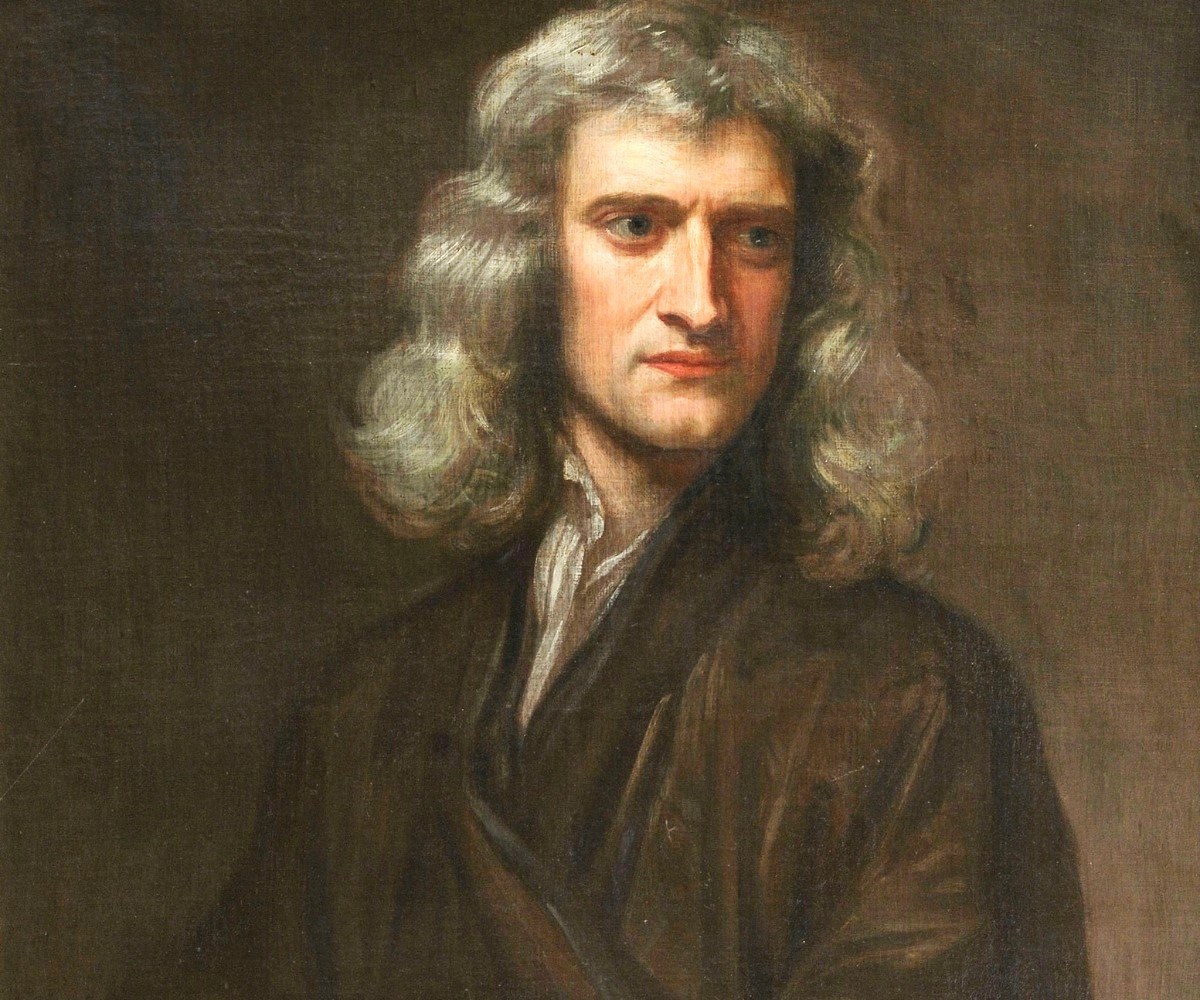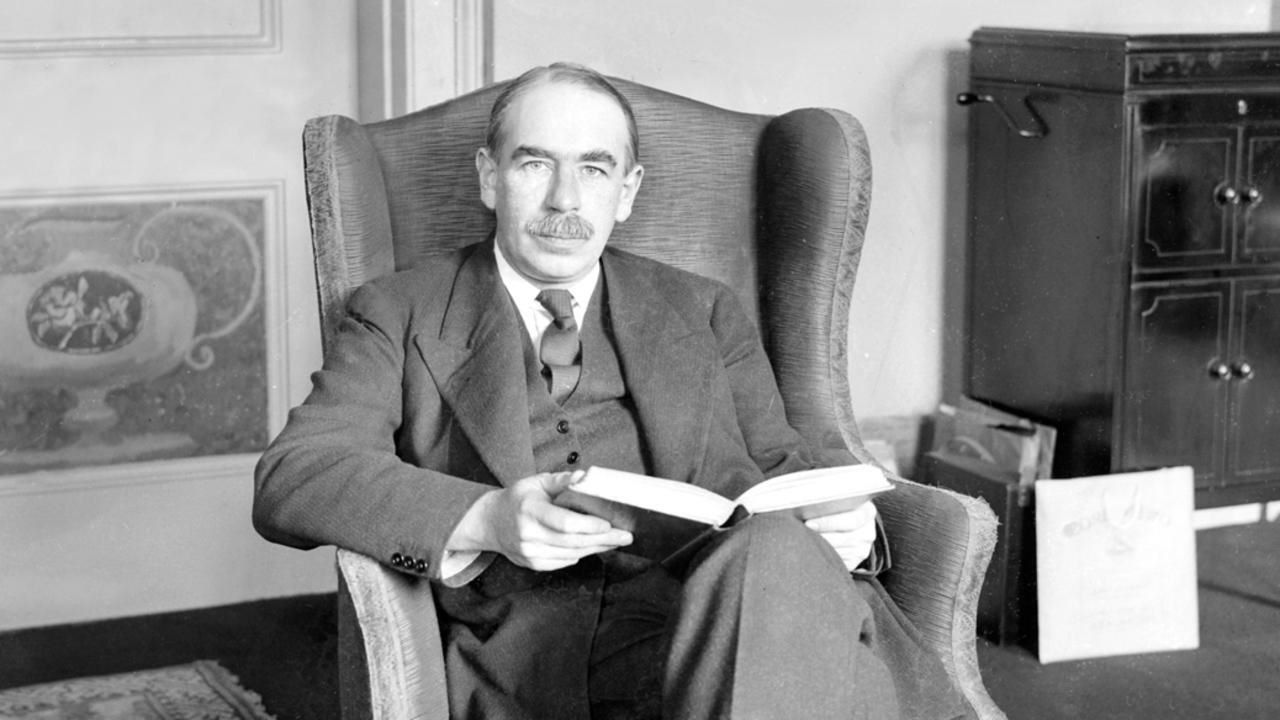
Isaac Newton, a name that is synonymous with brilliance and scientific revolution. Known for his groundbreaking contributions in the field of physics and mathematics, Newton’s discoveries have shaped our understanding of the universe. While we may be familiar with some of his more well-known achievements, such as the laws of motion and the theory of gravity, there are many surprising facts about Newton that often go overlooked. In this article, we will delve into 13 lesser-known aspects of Newton’s life and work that will leave you astounded. From his unusual habits and eccentricities to his secret pursuits in alchemy and theology, get ready to uncover a whole new side of one of history’s greatest minds. So, prepare to be amazed as we unveil the 13 surprising facts about Isaac Newton.
Key Takeaways:
- Isaac Newton, a Christmas baby, revolutionized science with calculus, optics, and the laws of motion, shaping our understanding of the universe.
- Despite struggles and rivalries, Newton’s work and knighthood left an indelible mark on science, laying the foundation for classical mechanics.
Newton was born on Christmas Day, 1642.
Isaac Newton, one of the greatest scientific minds in history, was born on December 25, 1642, in Woolsthorpe, Lincolnshire, England. His birth date is even more remarkable due to its coincidence with Christmas, adding to the intrigue surrounding his life and work.
He invented calculus.
One of Newton’s most significant contributions to mathematics and science was the development of calculus. This mathematical system laid the foundation for numerous scientific advancements and remains a fundamental tool used in various fields of study.
Newton made groundbreaking discoveries in optics.
Newton’s experiments with light and prisms led to his revolutionary theories on optics. He demonstrated that white light is composed of a spectrum of colors and explained the phenomenon of color dispersion. His findings paved the way for our modern understanding of light and laid the foundation for the development of telescopes and microscopes.
He formulated the laws of motion.
Newton’s three laws of motion, namely inertia, force, and action-reaction, revolutionized our understanding of physics. These laws explain the fundamental principles governing the motion of objects and are still widely used today in various scientific and engineering fields.
Newton was a professor at Cambridge University.
In 1669, Newton was appointed Lucasian Professor of Mathematics at the University of Cambridge, a position once held by another famous scientist, Isaac Barrow. This appointment solidified Newton’s position as a respected academic and allowed him to continue his research and scientific pursuits.
He was a member of the Royal Society.
Newon became a fellow of the prestigious Royal Society in This membership further elevated his status in the scientific community and provided him with a platform to share and discuss his groundbreaking discoveries with other esteemed intellectuals of his time.
Newton served as Master of the Royal Mint.
In 1696, Newton was appointed as Master of the Royal Mint, a position he held for over three decades. During his tenure, he successfully fought against counterfeiters and implemented significant reforms that revitalized the country’s currency system.
He had a keen interest in alchemy.
Despite his contributions to physics and mathematics, Newton also had a deep fascination with alchemy. He dedicated a significant amount of his time and energy to the study of alchemical practices, attempting to uncover the secrets of transmutation and the philosopher’s stone.
Newton had a contentious rivalry with Robert Hooke.
Newon’s relationship with fellow scientist Robert Hooke was marked by a bitter rivalry. The two clashed over scientific theories and personal matters, with Newton famously referring to Hooke as “a little imp of fame.” Despite their differences, both men made significant contributions to the scientific community.
He suffered from mental health issues later in life.
In his later years, Newton experienced episodes of mental health issues, leading to bouts of depression and anxiety. These struggles had a significant impact on his personal life, but he continued to contribute to his scientific work despite the challenges he faced.
Newton was a deeply religious man.
Although known for his scientific inquiry and rational thinking, Newton was also deeply religious. He studied biblical prophecy and wrote extensively on theological subjects, seeking to harmonize his scientific discoveries with his faith.
Newton was knighted by Queen Anne.
In 1705, Newton was knighted by Queen Anne of England in recognition of his extraordinary contributions to science and mathematics. This honor solidified his place as one of the most respected and esteemed figures of his time.
Newton’s work laid the foundation for classical mechanics.
Newton’s laws of motion and his principles of universal gravitation provided the basis for classical mechanics. His discoveries form the bedrock of our understanding of how objects move and interact, and they remain an essential part of scientific education to this day.
In conclusion, Isaac Newton was not only a brilliant mathematician and physicist but also a complex and multifaceted individual. His contributions to science and mathematics laid the groundwork for countless advancements and continue to shape our understanding of the universe. The 13 Surprising Facts About Isaac Newton showcased here offer a glimpse into the extraordinary life and achievements of this remarkable figure.
Conclusion
In conclusion, Isaac Newton was not only a brilliant scientist but also a fascinating individual. His contributions to the fields of physics, mathematics, and astronomy have left a lasting impact on our understanding of the natural world. From his laws of motion to his discoveries in optics, Newton’s work continues to shape the scientific community today.However, beyond his scientific achievements, there are many surprising facts about Newton that are lesser-known. From his alchemical pursuits to his eccentric behavior, Newton’s life was full of interesting quirks and idiosyncrasies that add a layer of intrigue to his already impressive legacy.Learning about the personal side of historical figures like Isaac Newton helps us realize that even the brightest minds have their unique complexities. It is a reminder that genius and humanity can coexist, and that even the most remarkable individuals have their own surprises and secrets.
FAQs
Q: What is Isaac Newton best known for?
A: Isaac Newton is best known for his laws of motion and universal gravitation. He also made significant contributions to the field of optics, developing the theory of color and the reflecting telescope.
Q: Was Isaac Newton the first person to discover gravity?
A: While Isaac Newton’s laws of universal gravitation are groundbreaking and revolutionized our understanding of gravity, he was not the first to recognize its existence. The concept of gravity has been observed and studied by many ancient civilizations. Newton’s work, however, provided a mathematical framework that explained how objects attract each other.
Q: Did Isaac Newton have any other interests apart from science?
A: Yes, Isaac Newton had diverse interests. He was also deeply engaged in alchemical studies and spent a considerable amount of time trying to transmute base metals into gold. He was also interested in theology and wrote extensively on biblical interpretation and prophecy.
Q: Was Isaac Newton a religious person?
A: Yes, Isaac Newton was a deeply religious person. His scientific pursuits did not diminish his faith but rather enhanced his belief in the divine order of the universe. He saw science and religion as complementary, both seeking to uncover the mysteries of the world in different ways.
Q: Did Isaac Newton have any notable personal quirks?
A: Yes, Newton was known for his eccentric behavior. He was known to isolate himself for extended periods, working tirelessly on his experiments. He also had the tendency to become deeply engrossed in his work to the point of forgetting mundane tasks like eating and sleeping.
Was this page helpful?
Our commitment to delivering trustworthy and engaging content is at the heart of what we do. Each fact on our site is contributed by real users like you, bringing a wealth of diverse insights and information. To ensure the highest standards of accuracy and reliability, our dedicated editors meticulously review each submission. This process guarantees that the facts we share are not only fascinating but also credible. Trust in our commitment to quality and authenticity as you explore and learn with us.


